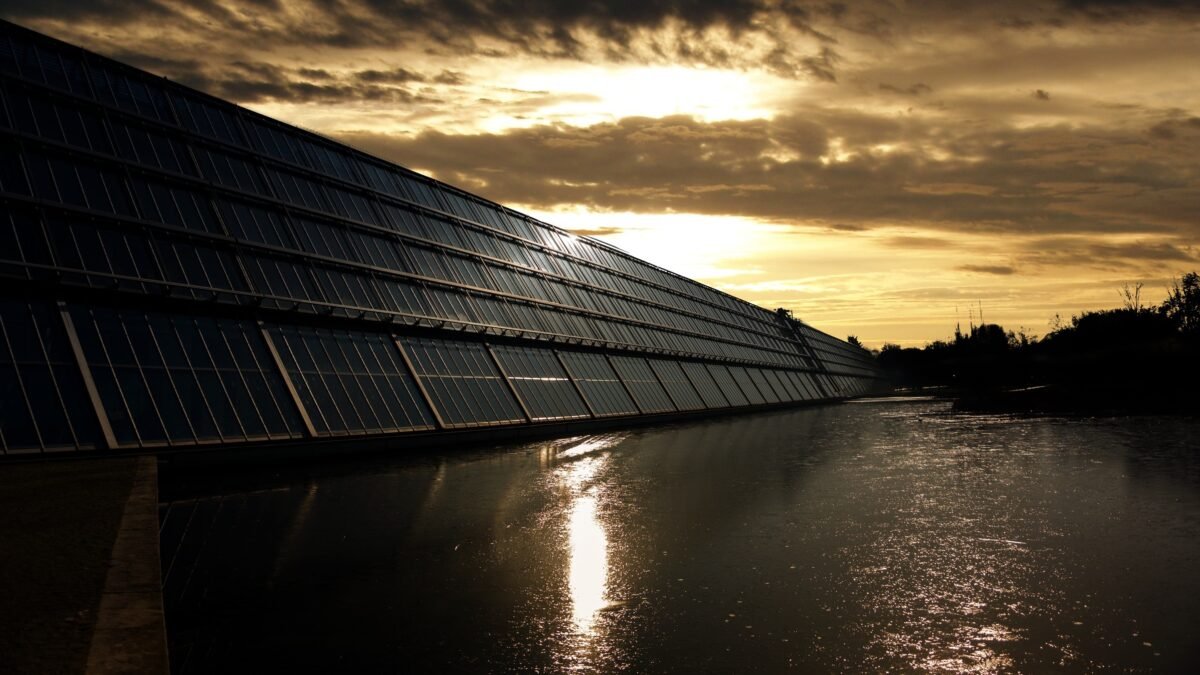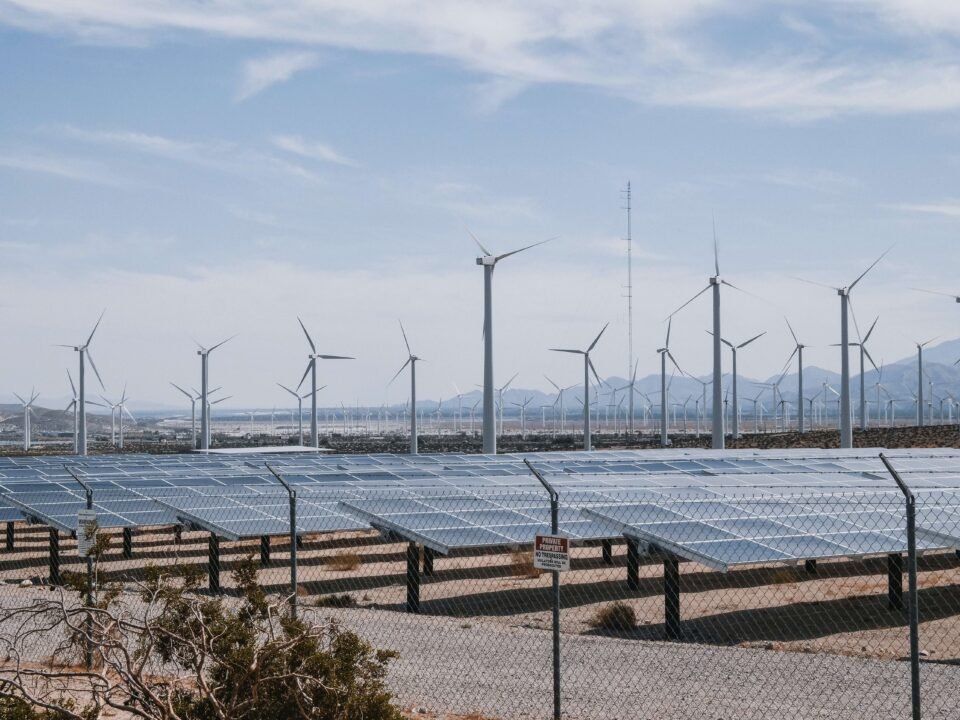In the face of environmental challenges and the urgent need to reduce greenhouse gas emissions, solar energy has emerged as a transformative force, reshaping the global energy landscape. The solar revolution is not merely a trend; it represents a fundamental shift in how we produce and consume electricity.
The Power of the Sun
At the heart of the solar revolution is the incredible potential of the sun. Each day, the sun bathes the Earth in an abundance of energy, more than humanity’s current and future needs combined. Harnessing this energy involves photovoltaic (PV) technology, which converts sunlight into electricity through solar panels.
Key Drivers of the Solar Revolution
- Environmental Concerns: Climate change and the need to reduce our carbon footprint have become pressing issues. Solar energy offers a clean and renewable alternative to fossil fuels, significantly reducing greenhouse gas emissions.
- Falling Costs: Over the past few decades, the cost of solar panels has dropped dramatically. This cost reduction, coupled with incentives and subsidies, has made solar energy more accessible to homeowners, businesses, and governments.
- Technological Advances: Ongoing research and innovation have led to more efficient solar panels, improved energy storage solutions, and smart grid integration, making solar energy a reliable and viable option.
Residential Solar Power
One of the most visible aspects of the solar revolution is the proliferation of residential solar power systems. Homeowners are increasingly installing solar panels on their rooftops to generate clean electricity. Here’s how residential solar power is reshaping the energy landscape:
- Energy Independence: Homeowners with solar panels can generate their electricity, reducing or even eliminating their reliance on traditional utilities. This not only lowers energy bills but also provides a degree of energy independence.
- Net Metering: Many regions have implemented net metering programs, allowing homeowners to sell excess solar energy back to the grid. This incentivizes solar adoption and benefits both homeowners and the grid.
- Environmental Benefits: Every kilowatt-hour of electricity generated from solar panels reduces the demand for fossil fuel-based power, resulting in fewer greenhouse gas emissions and cleaner air.
Commercial and Industrial Applications
The solar revolution extends beyond residential installations. Commercial and industrial sectors are also embracing solar energy:
- Corporate Sustainability: Many companies are setting ambitious sustainability goals, and solar power plays a crucial role in achieving these targets. Large-scale solar installations on commercial properties help reduce the carbon footprint of these operations.
- Utility-Scale Solar Farms: Large utility-scale solar farms are transforming the energy landscape at the national and international levels. These farms generate vast amounts of clean electricity, displacing the need for coal and natural gas power plants.
Global Impact
The solar revolution is not confined to a few countries. It’s a global movement reshaping the energy landscape on a massive scale. Countries around the world are investing in solar infrastructure, from sunny regions like Australia and the Middle East to northern nations like Germany.
This global shift is creating new opportunities, including job growth in the renewable energy sector, enhanced energy security, and increased access to electricity in remote areas.
Challenges and Future Directions
While the solar revolution is gaining momentum, challenges remain. Energy storage solutions need to be further developed to address intermittency issues. Infrastructure must also be adapted to accommodate distributed energy generation. Additionally, policies and incentives must continue to support solar adoption.
As the solar revolution continues, we can expect more innovations in solar technology, increased efficiency, and greater integration into our daily lives. Solar energy is not just a transition; it’s a revolution that is fundamentally changing how we produce and consume electricity, and it holds the key to a more sustainable and cleaner energy future.




